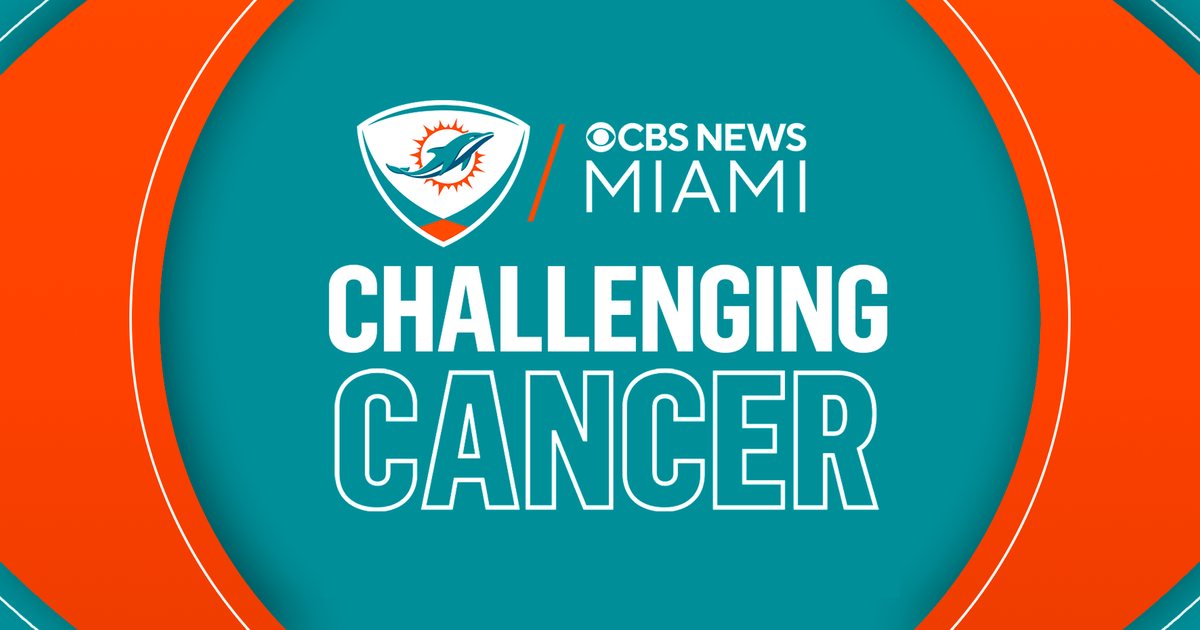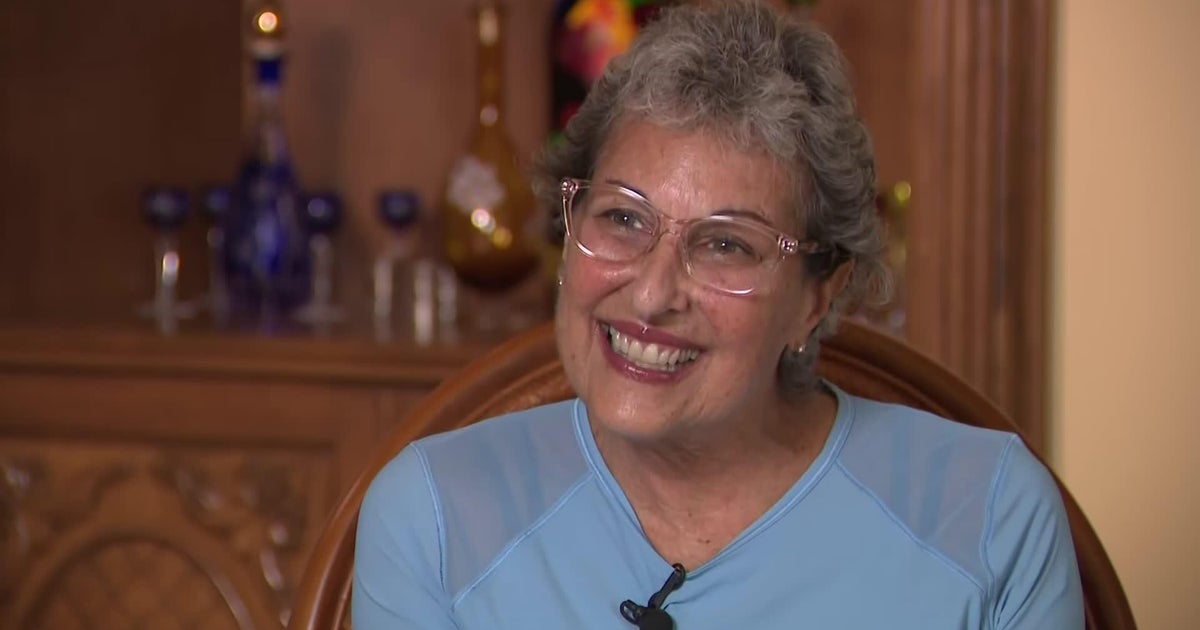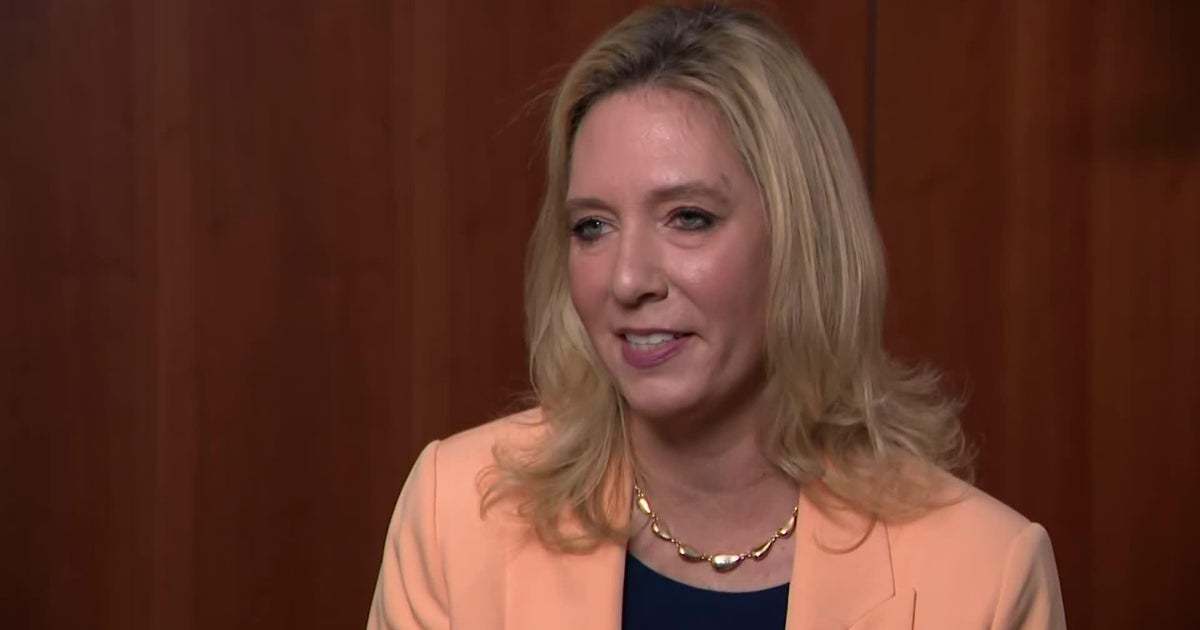Revisiting A Legend: Nuremberg Trial Lawyer Ben Ferencz
Follow CBSMIAMI.COM: Facebook | Twitter
MIAMI (CBSMiami) – We first met Ben Ferencz in December 2016, and he's been on our mind ever since.
His age, his size, the twinkle in his eyes; he stands out even before you hear his story. Then the 97 year old, part time South Floridian tells you he was one of the lead prosecutors at the landmark Nuremberg trials after the Holocaust, and you realize you're talking to a living legend.
Ferencz enlisted in the Army with a law degree from Harvard, which the U.S. government put to use when, at 27, he was given his Nuremberg assignment.
As the allies liberated the concentration camps, Ferencz went in and documented the evidence. He saw mass murder, on an unimaginable scale. He presented that evidence in court.
"I convicted 22 defendants of killing over a million people. I rested my case in two days and convicted every one of them. Never match that record," Ferencz says.
Black and white footage of Ferencz in action has been expertly preserved.
Watching it, you see a young lawyer prosecuting his very first case. And what a way to kick off a career in law. His opening statement shows him confident and direct. I asked him what he remembers about it.
"I remember sitting by myself in that courtroom on a Sunday morning and thinking, what am I going to ask for?" Ferencz asks.
His goal, he says, was to help create a rule of law that would help prevent a future holocaust.
"That would be my plea of humanity to law to create a new structure in society where this couldn't happen. And that's what I was trying to do in my opening statement."
Thirteen of the men Ferencz tried received death sentences, but Ferencz says hearing the punishments read aloud in open court, made him physically ill. Why, I asked? "I think I realized then that had there not been a war, these men would never have been tried for anything. They were not beasts or wild animals as the public likes to know. They were ordinary, patriotic citizens who believed in a political system that was offered by Hitler. And they did what they thought was best for their country. So this awareness, every time they were sent to death, I felt somehow a little bit guilty about that."
In Ferencz's view war is the enemy not the people who fight in them, but the idea of war itself. "Law Not War" is Ferencz's slogan; his advice for the world. Settle differences in a courtroom, he says, not on a battlefield. Judges and juries. Not blood and treasure.
I suggest that people will listen to his message and call him naïve. I remind him that for years, American foreign policy has centered on the idea of peace through strength. We build up our military as a way of discouraging anyone who may wish to do us harm. "Are you saying we're wrong about all that," I ask Ben?
"Not only am I saying you're wrong," he says, "it's criminal. This is insane, I cannot imagine anything more cruel than to use your money to get instruments to kill people not to use it to help people. That is the state of the world," he says. "Am I gonna change it? No! Am I gonna try? Damn tootin', I am!"
And Ben tries, every day; teaching, writing, traveling the world, preaching law not war.
I ask him about people around the world, still in harm's way. I mention the genocide taking place in Myanmar, Sudan, Syria, elsewhere. I say it must break his heart to see that, given all he's done to try and prevent it. "It does," he admits. "But I do the best I can to change it. If I did nothing, that would really break my heart."
Ben Ferencz has pledged to donate 10 million dollars to the Center for the Prevention of Genocide at the US Holocaust Memorial Museum in Washington, DC, which this year is marking its 25th anniversary. Ben's books and videos of his lectures are available for free at his website, http://www.benferencz.org/.



